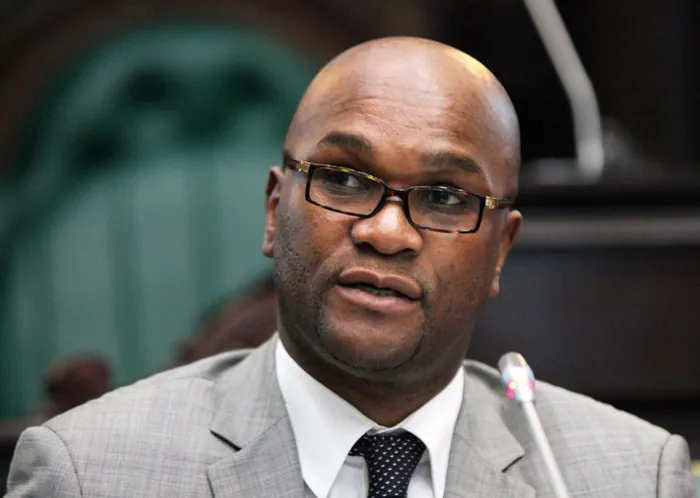Effects of trauma on police highlighted

Cape Town - 130326 - The Minister of Police, Nathi Mthethwa, heads a briefing on police brutality at the Old Assembly in Parliament PICTURE: CANDICE CHAPLIN. Cape Town - 130326 - The Minister of Police, Nathi Mthethwa, heads a briefing on police brutality at the Old Assembly in Parliament PICTURE: CANDICE CHAPLIN.
Cape Town - “There is a deep sense of anger in some quarters in the police and it can only be dealt with professionally.”
This was the admission from Police Minister Nathi Mthethwa during a briefing on police brutality in Parliament this week.
He said police were reluctant to take advantage of the counselling on offer as they were afraid of the stigma and effects on their chances of promotion.
Analysing the causes of police misconduct and abuse, Gareth Newham of the Institute for Security Studies also highlighted the effects of trauma.
Poorly trained recruits who received little supervision and guidance were exposed to “terrible things” and their moral compass began to deviate.
“If you had to see child rape, or people murdered, that’s going to first of all traumatise and shock you, and the second thing is if the next day if you see… an undocumented person, if they’re breaking the law, or somebody’s dealing drugs, it’s not going to seem as bad as what you’ve seen yesterday.”
At the same time, new recruits realised they were in the same boat as their colleagues and began to feel a bond with them.
“A very strong police culture starts developing, because that’s how they cope. Every police official is in a very difficult position, they’ve got to look after each other,” said Newham.
This could be positive if there was a strong professional ethos that enforced respect for communities and a code of conduct. In the absence of such a code, however, young recruits were likely to quickly go astray.
“You’re a new constable, you go into a unit and that unit’s got a normative behaviour of beating people up, because they think, well, we can’t just arrest people for petty crimes because nothing happens.”
Research had shown that in some areas police were as scared of the community as the community was of them.
“In other words, every day you use violence to show who’s boss.”
He said one way of breaking down the resistance to counselling was to make it mandatory for officers who had been through a traumatic incident to see the employee wellness professionals.
Political Bureau